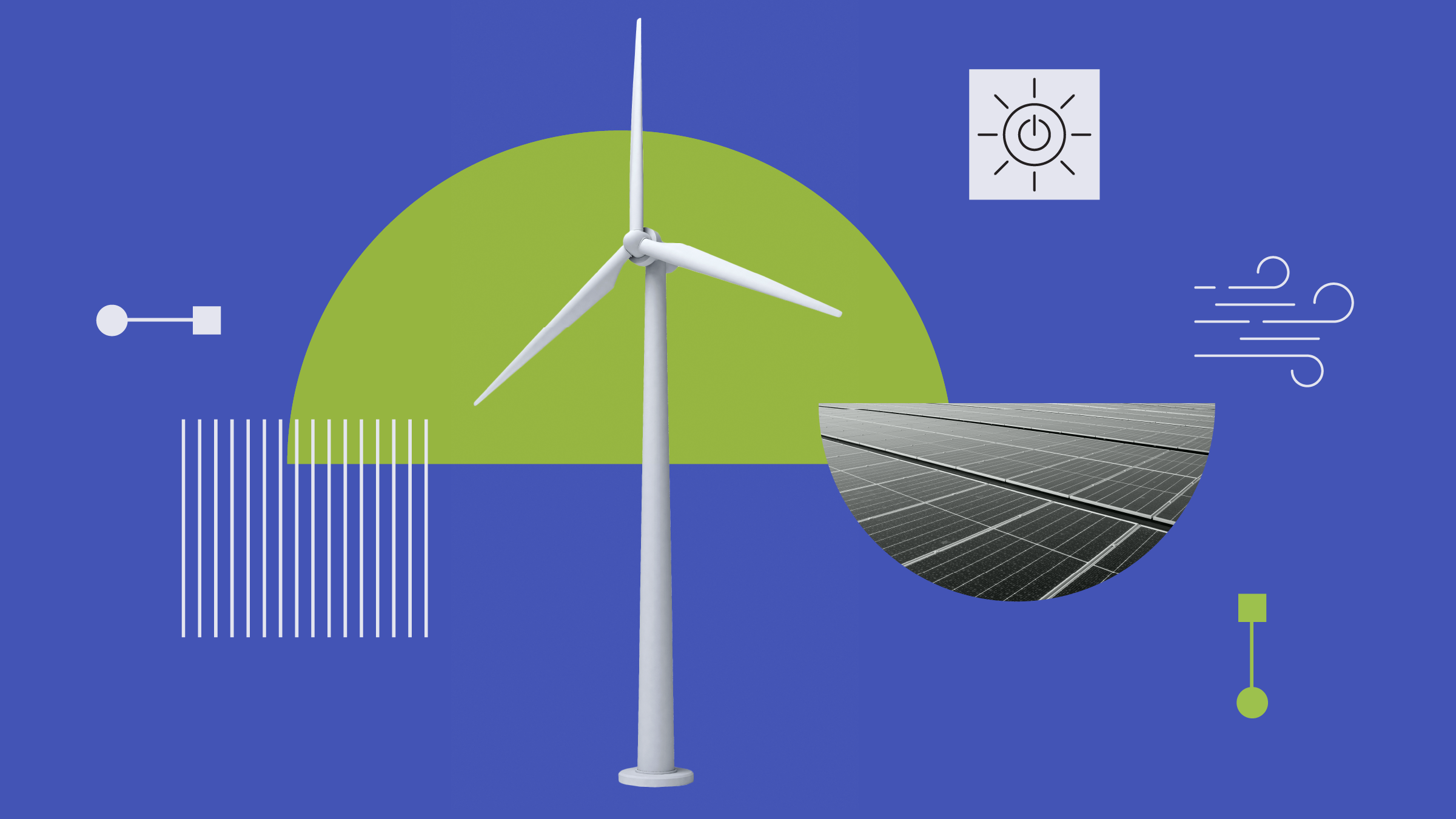Investeringskommentar, Jeffrey Vonk, Equity Analyst, 18/8/2016
After updating our sales and profit estimates for Vestas and accounting for the time value of money, we are increasing our fair value estimate to DKK 498 per share (from DKK 400) for the Danish shares, and to EUR 67 (from EUR 52) for the European shares. We maintain our no-moat rating. Vestas reported stellar second-quarter results ahead of our expectations, with revenue growth of 46% compared with the year-ago period and adjusted EBIT margin of 15.6%, up 730 basis points. We believe Vestas is taking full advantage of the current short-term tax-incentivized wind-generated growth opportunity. Our increased margins expectations are a reflection of our increased confidence in the near-term pricing sustainability and management's ability to control its cost structure. Given recent share price gains, we believe the shares are fully valued.
In our note of Feb. 9, we indicated that previous management guidance for 2016 was conservative, and the company did boost it following the most recent quarter's performance; the company now guides to 2016 revenue of EUR 9.5 billion, up from EUR 9 billion, and an EBIT margin before special items of 12.5% at minimum, up from 11%. We're roughly in line with the updated forecast. Strong order intake in the Americas, Europe, and Africa, up by 41% in 2015, and a strong backlog of EUR 16.8 billion at year-end 2015 support our view of the near-term revenue momentum. The five-year extension of the U.S. production tax credit, announced in December 2015, bodes well for continued high activity levels in 2016-17. Vestas will also benefit from the increasing attribution of high-margin service revenue, stable pricing of order intake, and operational leverage resulting from higher U.S. sales activity related to the PTC extension. We expect margins of 12.9% in 2016 (previously 9.5%).
Bulls Say
- Wind energy is the only renewable energy source that is likely to be cost-competitive against conventional power sources like coal and natural gas in the future.
- Vestas is likely to benefit as governments across the world place a heavy emphasis on renewable power generation in stimulus packages.
- After years of declines in turbine equipment prices, Vestas can regain pricing power. The combination of good volume growth, increasing pricing power, and expense control will lead to expanding margins.
Bears Say
- With current low natural gas prices, wind is less economical from a cost perspective (especially without governmental incentives) and many power generators are unlikely to make the investment in wind over the near term.
- GE entered the market in 2004 and has since been able to capture significant market share. As GE becomes more experienced at putting the turbines together, we expect its costs and prices to fall, putting even more pressure on Vestas.
- Vestas' continued focus on costs and the lack of product development erode the company’s offering, leading to market share losses.
















